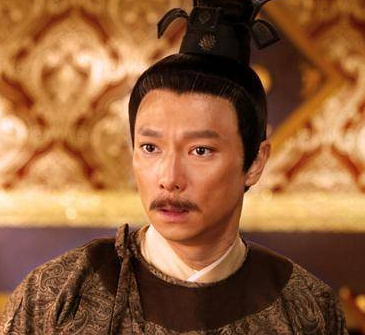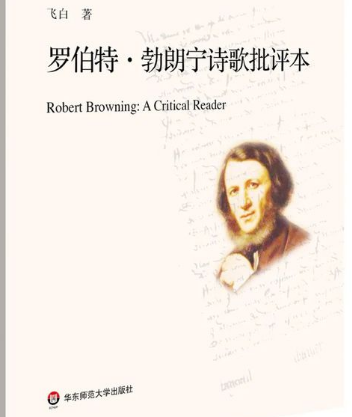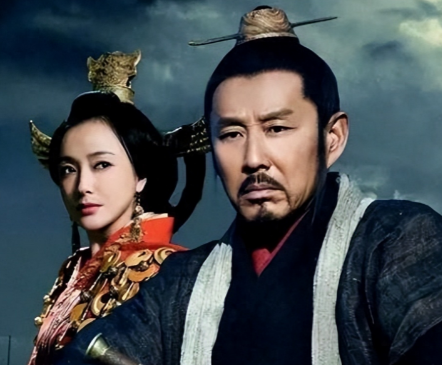The historical event of the Five Barbarian Tribes' Invasion of China originated from the late Eastern Han Dynasty, when the political situation in the Central Plains region was turbulent and foreign nations took the opportunity to invade. This unrest lasted for nearly two centuries and finally ended with the unification of the northern region by the Northern Wei Dynasty, marking the beginning of the period of the Southern and Northern Dynasties.

So, how did the Five Barbarian Tribes' Invasion of China end? Let's first review the background. In the late Eastern Han Dynasty, the politics of the Central Plains region were corrupt, and the people's livelihood was depleted. Coupled with constant natural and man-made disasters, social conflicts became increasingly intense. Under such circumstances, northern ethnic minorities took advantage of the situation and invaded the Central Plains, resulting in the situation of the Five Barbarian Tribes and Sixteen Kingdoms. During this period, there were frequent wars in the Central Plains region, and the people suffered greatly.
However, history always moves forward through continuous development and transformation. Although the Central Plains region suffered greatly from war during the Five Barbarian Tribes' Invasion, the exchanges and integrations among various ethnic groups were also deepening. This integration laid the foundation for the later integration of ethnic groups and foreshadowed the end of the Five Barbarian Tribes' Invasion.
During the period of the Five Barbarian Tribes' Invasion, there were frequent changes in power in the northern region. However, over time, some powerful forces gradually emerged. Among them, the Northern Wei Dynasty became the most powerful regime in the north. The Northern Wei's rulers were of the Tuoba Xianbei ethnic group, who established a powerful regime in the north and took a series of measures to consolidate their rule. These measures included strengthening centralization, promoting Sinicization policies, and developing the economy. These initiatives gradually led the Northern Wei towards prosperity and created the conditions for the end of the Five Barbarian Tribes' Invasion.
Finally, in 439 AD, the Northern Wei Dynasty unified the northern region, ending the period of the Five Barbarian Tribes' Invasion. Since then, China entered the period of the Southern and Northern Dynasties. During this period, the south was successively ruled by the four dynasties of Liu Song, Xiao Wei, Xiao Liang, and Chen, while the north was ruled by the five dynasties of Northern Wei, Eastern Wei, Western Wei, Northern Qi, and Northern Zhou. Although there were still wars during the period of the Southern and Northern Dynasties, the situation had become relatively stable compared to the period of the Five Barbarian Tribes' Invasion.
In summary, the end of the Five Barbarian Tribes' Invasion benefited from the unification of the Northern Wei Dynasty. Through measures such as strengthening centralization and promoting Sinicization policies, the Northern Wei Dynasty led the northern region towards prosperity. The end of the Five Barbarian Tribes' Invasion marked the beginning of the period of the Southern and Northern Dynasties. Although there were still wars during this period, the trend of ethnic integration had become irreversible.
Disclaimer: The above content is sourced from the internet and the copyright belongs to the original author. If there is any infringement of your original copyright, please inform us and we will delete the relevant content as soon as possible.































